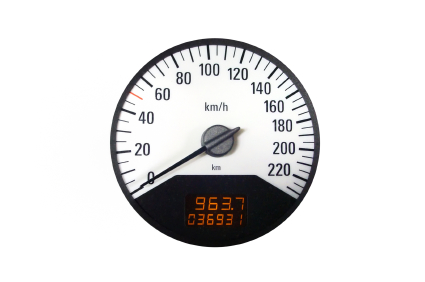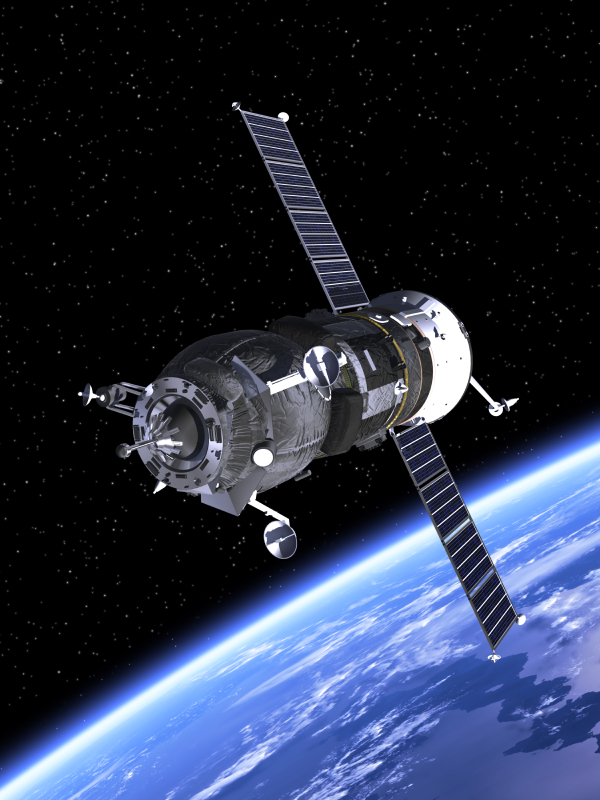Have the Irish embraced Telematic Technology?
Dennis Foy, who was one of the leading automotive technology experts, considered in 2003 the role which telematics can play in preventing clocking.

That information can then be processed, and passed back via an in-built mobile telephone to a control centre. The positioning data can be constantly updated, at no cost to the vehicle operator, and stored on a microprocessor inside the black box. Most systems also have a connection from the speedometer into the black box, and between that and the satellite fixes it is possible to get an accurate picture of the distances that the vehicle has covered. In fact telematics has long been touted as the next big money earner for the auto industry: Adventis (Australia) projected telematics would become a $20-billion industry by 2010.Foy however mentioned some difficulties with telematics technology. One of these is data protection requirements another is the costs associated with such a system. A cost benefit analysis of in-vehicle telematics is detailed here.
Vehicle companies, for the most part, are embracing the technology – at least to a certain extent – with many offering built-in GPS devices which can assist the driver find a given location. However, the next step: the use of the GPS signal to measure the mileage of the vehicle -is a step too far for many consumers.
We contacted Sean Brennan, Lecturer in Dublin Institute of Technology (DIT), who specialises in Developments in Telematics, to ask him whether the Irish are using the technology. He told Cartell.ie that : ‘telematics has certainly developed in the last 10 years but we are a bit slow here to adapt to the technology’. He does however hold some optimism for the future when he says: ‘there are signs that the Irish are beginning to adopt the technology’ and that we are embracing features such as GPS devices in particular.
